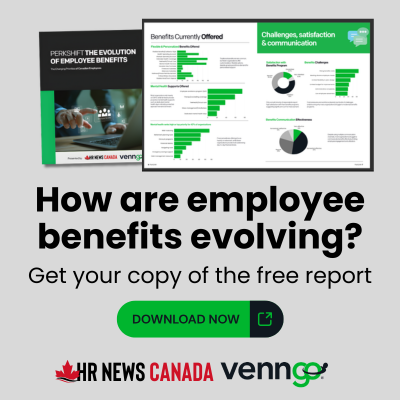A study from Generation, a global employment nonprofit, has found that midcareer and older workers who use artificial intelligence (AI) at work are often self-taught and encounter substantial age bias in AI-related roles.
The report, Age-Proofing AI: Enabling an Intergenerational Workforce to Benefit from AI, compiled with support from Google.org and The SCAN Foundation, surveyed over 2,600 workers aged 45 and older, as well as nearly 1,500 employers across the United States and Europe.
Employers in the U.S. and Europe anticipate sharp declines in hiring for entry- and mid-level positions, with reductions ranging from 22% to 64% over the next year, which may disproportionately affect older job seekers facing entrenched age biases, the report reveals. In the U.S., 90% of hiring managers are likely to favour candidates under 35 for AI roles, while only 32% consider those over 60, with similar patterns seen in Europe, where 86% prefer younger candidates, and just 33% are likely to consider older applicants, according to the study.
“While AI has the potential to dramatically alter job tasks and roles, it will be most transformative when its power is merged with human expertise,” said Dr. Mona Mourshed, Generation’s Founding Global CEO, who emphasized the need to counter ageism and leverage older workers’ skills in AI-driven environments.
Despite low overall adoption rates, 15% of older workers using AI are “power users,” employing these tools multiple times a week. They report benefits to work quality, productivity, and job satisfaction, with 58% of European and 35% of U.S. workers indicating that AI has increased their job enjoyment, the study finds.
However, interest in AI remains mixed among non-users, as 24% of U.S. respondents and 36% of European respondents express a willingness to learn AI tools, while nearly a third in the U.S. and 17% in Europe say they have no interest at all, according to the survey results.
Currently, nearly half of U.S. and 29% of European employers offer some form of AI training, though only about half provide formalized programs, the report states. “Older workers offer unique skills and experience, and employers need to provide them with the training and support they need to reap the benefits of AI and successfully integrate the technology into their day-to-day jobs,” said Anika Heavener, Vice President of Innovation and Investments at The SCAN Foundation.
The report underscores an opportunity for employers to bridge age gaps and enhance AI training, which could unlock the full potential of an intergenerational workforce as AI becomes increasingly embedded in workplace roles.





